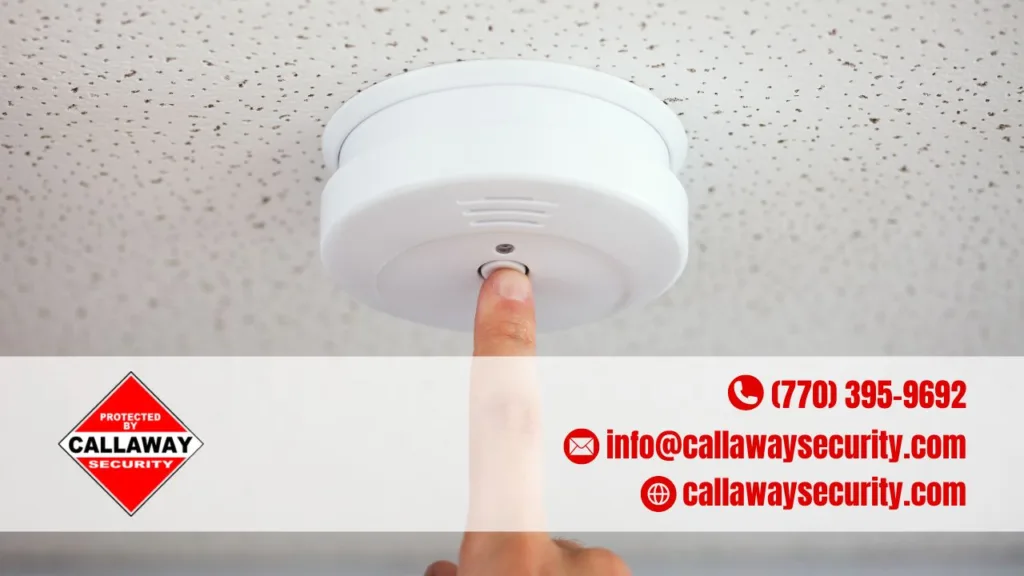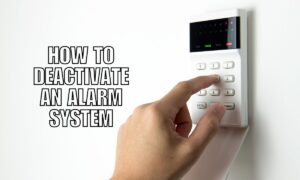Resetting a smoke detector is a simple but essential task that ensures your home remains protected against fire hazards. Whether you’re dealing with a chirping alarm, a false alarm, or just replacing the battery, resetting your smoke detector properly is crucial. Here’s how to do it:
- Power Down the Detector:
- Battery-powered models: Remove the battery.
- Hardwired models: Turn off the power at the circuit breaker.
- Press and Hold the Reset Button:
- Hold for 15–30 seconds until the alarm beeps or flashes.
- Reinstall Power:
- Insert a new battery or turn the circuit breaker back on.
- Test the Alarm:
- Press the test button to confirm it’s functioning properly.
If the alarm continues chirping, check for dust, humidity, or an expired unit.
Smoke detectors are a critical component of home safety. Over time, they may experience issues such as false alarms or battery-related warnings. Resetting helps ensure:
- Proper functionality after battery replacements.
- Elimination of false alarms caused by dust or power fluctuations.
- Reconnection of interconnected alarms in hardwired systems.
- Long-term reliability, ensuring your detector is ready for emergencies.
Key Takeaways:
- Resetting a smoke detector involves powering down, pressing the reset button, and testing the alarm.
- False alarms can be caused by dust, humidity, or electrical interference.
- Hardwired smoke alarms may require resetting at the circuit breaker.
- Smoke detectors should be replaced every 10 years for optimal safety.
- Regular maintenance ensures early detection of fire hazards.

Step-by-Step Guide to Resetting a Smoke Detector
1. Identify the Type of Smoke Detector
There are two main types of smoke detectors:
- Battery-operated – Requires periodic battery replacements.
- Hardwired – Connected to the home’s electrical system and may have a backup battery.
2. Turn Off Power
- Battery models: Remove the battery.
- Hardwired models: Switch off the breaker supplying power.
3. Press and Hold the Reset Button
- Locate the reset button, usually found in the center.
- Hold the button for 15 to 30 seconds until the alarm sounds.
4. Reconnect Power
- Insert a fresh battery or turn the breaker back on.
- Secure the detector back in place.
5. Test the Detector
- Press the test button to confirm the alarm is working.
- If the issue persists, consider cleaning the unit or replacing it if necessary.
Troubleshooting Common Smoke Detector Issues
Why Does My Smoke Detector Keep Chirping?
- Low battery: Replace it immediately.
- Dust buildup: Clean the unit with compressed air.
- Humidity or steam: Relocate if installed near a bathroom or kitchen.
- Expired detector: Replace if older than 10 years.
What If My Smoke Detector Won’t Stop Beeping After Resetting?
- Ensure the battery is properly installed.
- Disconnect from power, wait a few minutes, and reconnect.
- If hardwired, reset the entire system by turning off the circuit breaker.
- Check for interconnected alarms that may need resetting together.
Do Smoke Detectors Need to Be Reset After a False Alarm?
Yes, after a false alarm, perform a reset to ensure it functions correctly.
Can I Disable a Smoke Detector Temporarily?
Some models have a hush button that silences false alarms for a few minutes.
How Often Should I Replace My Smoke Detector?
Smoke detectors should be replaced every 10 years or earlier if they malfunction.
Keeping Your Home Safe
Resetting your smoke detector is a crucial step in maintaining home safety. Whether you’re dealing with a false alarm, battery replacement, or a hardwired system reset, following these steps ensures your detector remains operational. Regular maintenance, testing, and timely replacements are key to keeping your home and family safe from fire hazards. Stay proactive and make smoke detector upkeep a routine part of your home maintenance schedule.
Your safety is our priority. Whether it’s advanced home security, fire alarm systems, or 24/7 monitoring, Callaway Security has you covered. Stay protected with reliable solutions tailored to your needs. Secure your home today—trust the experts who’ve been safeguarding families in Georgia for over 33 years.










